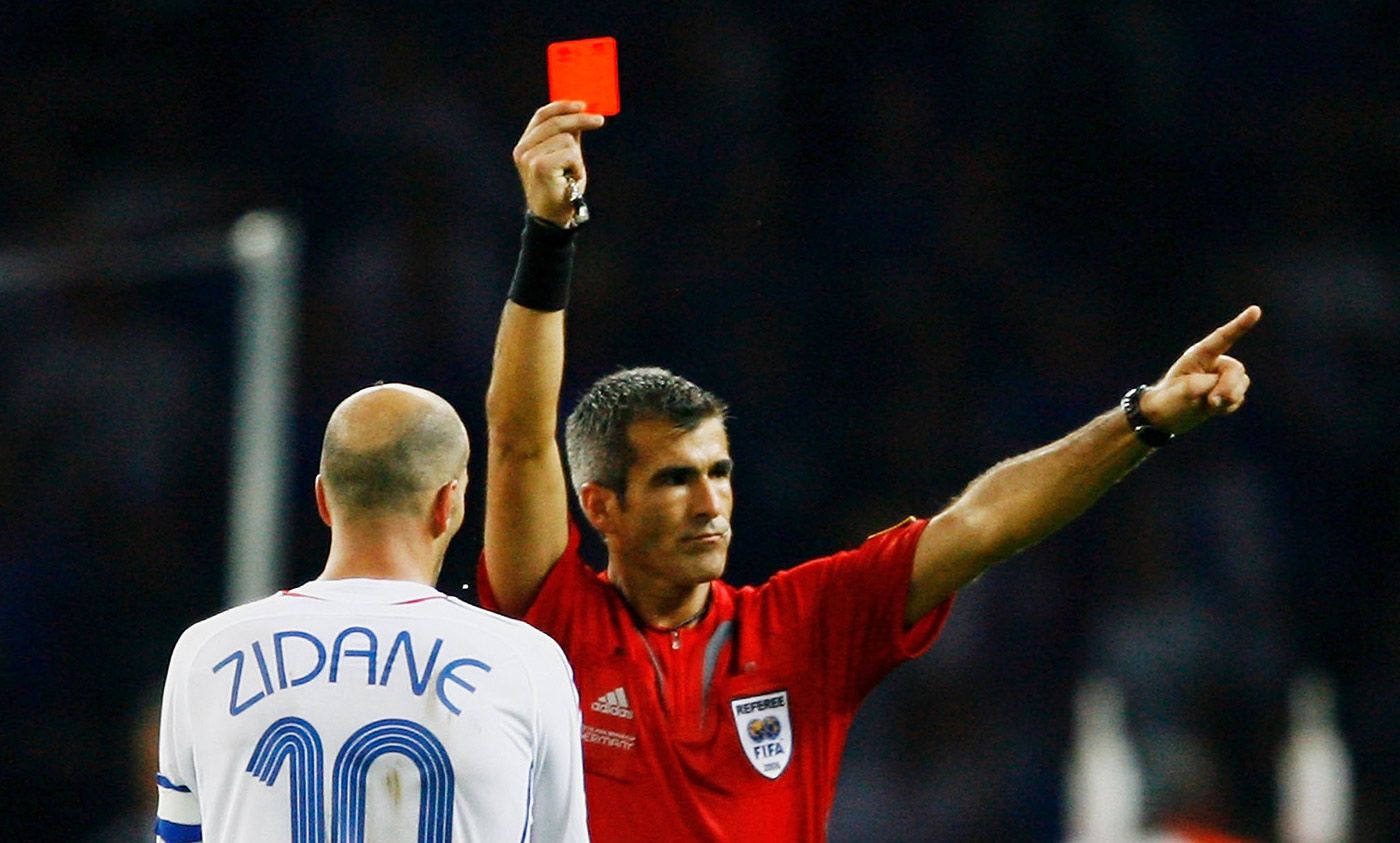 Chris Frith
Chris Frithaeon.com
Originally published September 22, 2019
Here are two excerpts:
We humans like to think of ourselves as mindful creatures. We have a vivid awareness of our subjective experience and a sense that we can choose how to act – in other words, that our conscious states are what cause our behaviour. Afterwards, if we want to, we might explain what we’ve done and why. But the way we justify our actions is fundamentally different from deciding what to do in the first place.
Or is it? Most of the time our perception of conscious control is an illusion. Many neuroscientific and psychological studies confirm that the brain’s ‘automatic pilot’ is usually in the driving seat, with little or no need for ‘us’ to be aware of what’s going on. Strangely, though, in these situations we retain an intense feeling that we’re in control of what we’re doing, what can be called a sense of agency. So where does this feeling come from?
It certainly doesn’t come from having access to the brain processes that underlie our actions. After all, I have no insight into the electrochemical particulars of how my nerves are firing or how neurotransmitters are coursing through my brain and bloodstream. Instead, our experience of agency seems to come from inferences we make about the causes of our actions, based on crude sensory data. And, as with any kind of perception based on inference, our experience can be tricked.
(cut)
These observations point to a fundamental paradox about consciousness. We have the strong impression that we choose when we do and don’t act and, as a consequence, we hold people responsible for their actions. Yet many of the ways we encounter the world don’t require any real conscious processing, and our feeling of agency can be deeply misleading.
If our experience of action doesn’t really affect what we do in the moment, then what is it for? Why have it? Contrary to what many people believe, I think agency is only relevant to what happens after we act – when we try to justify and explain ourselves to each other.
The info is here.